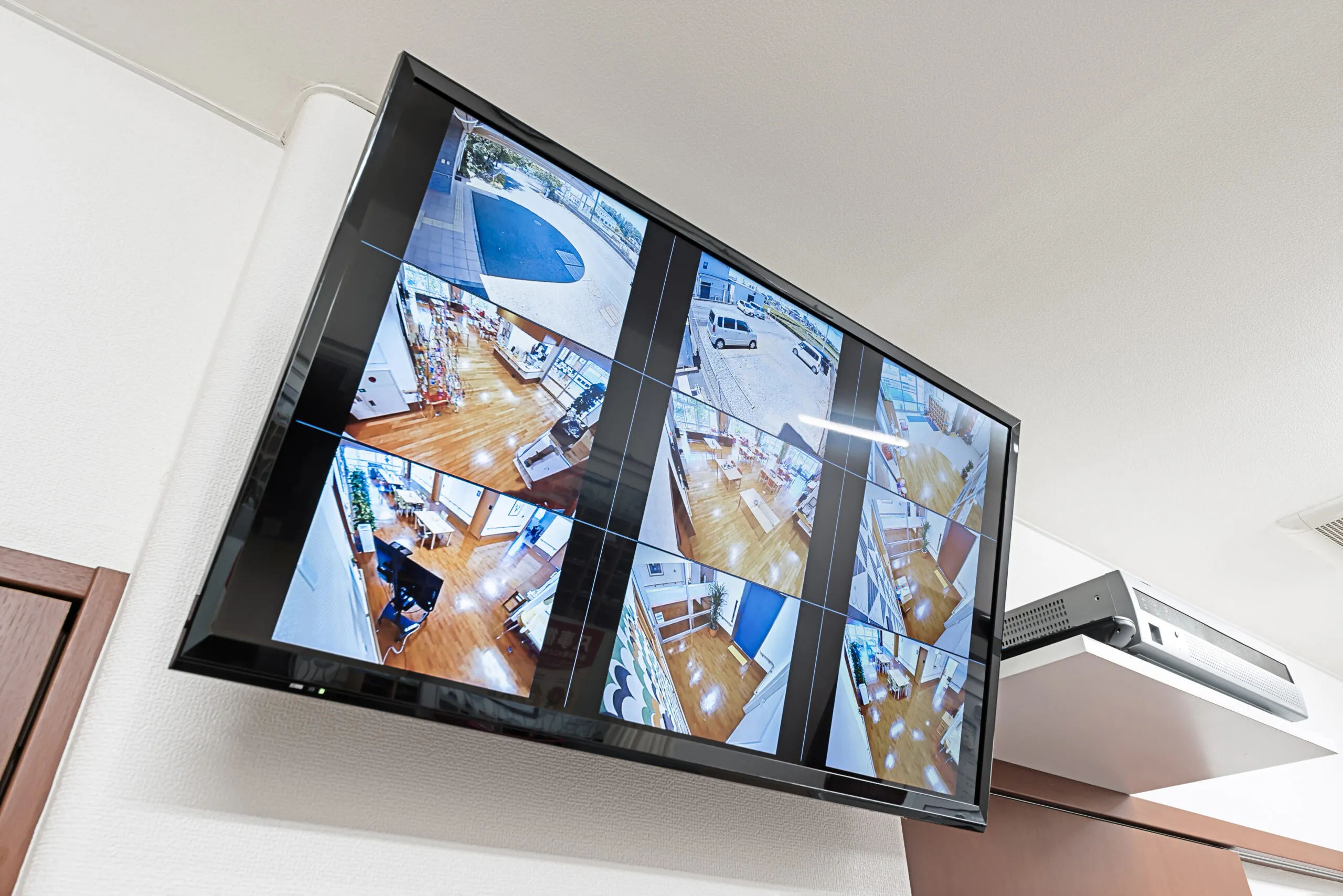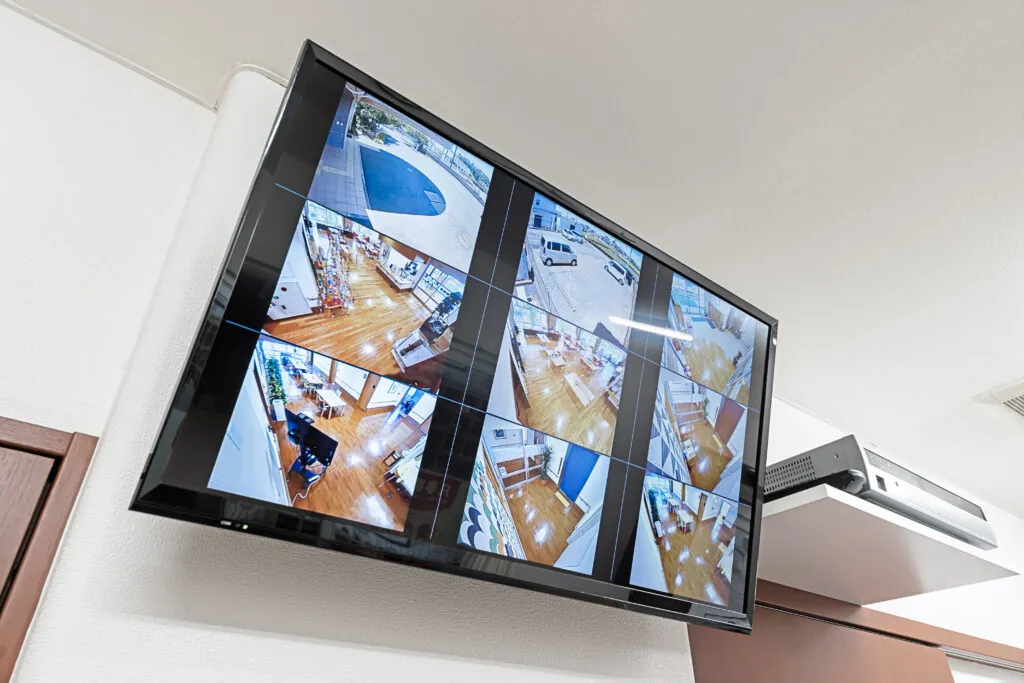How to Obtain Nursing Home Surveillance Footage for Abuse?
The well-being of elderly loved ones in nursing homes and assisted living facilities is a major concern for families. When suspicions of abuse, neglect, or improper care arise, nursing home surveillance footage can serve as powerful evidence. However, gaining access to this footage is often complicated due to privacy laws, facility policies, and legal restrictions.
This comprehensive guide will explain how to request nursing home security footage, your legal rights regarding video evidence, what to do if a nursing home refuses to release footage, how to use surveillance footage as evidence in elder abuse claims, and the role of HIPAA and state laws in accessing video evidence.
If you suspect that a loved one is being mistreated in a nursing home, understanding your legal rights is the first step toward seeking justice.
Understanding Nursing Home Surveillance Systems
Where Are Nursing Home Security Cameras Installed?
Most nursing homes install security cameras in areas where staff and residents interact frequently. These locations include common areas such as lounges, dining rooms, and activity rooms. Cameras are also commonly found in hallways, entrances, exits, parking lots, and nurses’ stations.
However, due to privacy laws, cameras are not always installed in patient rooms unless the resident or their legal representative consents to it. Some states allow personal surveillance cameras in private rooms, while others prohibit them.
Are Nursing Home Cameras Always Recording?
Not all nursing home cameras record footage 24/7. Some facilities use continuous recording systems, while others use motion-activated cameras that only capture footage when movement is detected.
The length of time footage is stored varies by facility. Most nursing homes retain footage for a period ranging from 30 to 90 days. Some facilities with limited storage space may overwrite older footage automatically. This means that delays in requesting footage could result in the loss of critical evidence.
Legal Rights to Nursing Home Surveillance Footage
Who Can Request Nursing Home Surveillance Footage?
Families may request surveillance footage, but whether the facility must comply depends on various legal factors. Your ability to obtain footage depends on your legal relationship to the resident and the nursing home’s policies.
In general, the following individuals can legally request nursing home surveillance footage:
- The resident, if mentally competent
- A person with power of attorney over the resident’s affairs
- The resident’s legal guardian
- An attorney representing the resident in a legal case
- Law enforcement officials with a subpoena or warrant
If you do not fall into one of these categories, the nursing home may deny your request, even if you are a concerned family member.
Does HIPAA Affect Access to Nursing Home Surveillance Footage?
The Health Insurance Portability and Accountability Act (HIPAA) protects patient privacy but does not directly regulate security footage. However, some nursing homes cite HIPAA as a reason to deny access.
HIPAA applies if the footage contains medical treatment or private resident information, but it does not apply if the footage only captures general common areas without medical details. If a nursing home denies your request based on HIPAA, you should consult an elder law attorney to challenge the refusal.
State Laws Governing Nursing Home Security Cameras
Each state has different laws regarding nursing home surveillance. Some states, including Texas, Illinois, and New Mexico, allow families to install personal cameras in a resident’s room. Other states restrict or prohibit video recording in resident rooms without consent. Some states require consent from all parties captured in the footage.
Before requesting footage, it is important to research your state’s specific laws regarding nursing home security cameras.
Steps to Request Nursing Home Surveillance Footage
1. Determine If You Have Legal Standing to Request Footage
Before requesting footage, check whether you have the legal authority to access it. If you are the resident’s power of attorney, legal guardian, or attorney in a lawsuit, you likely have the right to make the request. If you do not have legal standing, you may need to petition a court or involve law enforcement.
2. How to Submit a Formal Written Request
If you have legal standing, the next step is to submit a formal written request. Your request should include:
- The resident’s name
- The date and time of the incident or suspected abuse
- The reason for requesting the footage
- Your legal relationship to the resident
- A deadline for response
Send the request via certified mail or email to the nursing home administrator or legal department.
3. Reference Applicable State and Federal Laws
Cite relevant state laws and privacy rights that support your request. Some states have specific laws requiring nursing homes to release surveillance footage under certain conditions. If the nursing home refuses, you may need legal assistance.
4. What to Do If the Nursing Home Denies Your Request
If the facility denies your request, consider the following actions:
- Consult an elder abuse attorney
- Report suspected elder abuse to state regulatory agencies
- File a police report if a crime is suspected
- Obtain a court order or subpoena to compel the facility to release the footage
Using Surveillance Footage as Evidence in Elder Abuse Cases
What Can Security Footage Reveal?
If you obtain footage, it can serve as key evidence in a lawsuit or investigation. Security footage can help document:
- Physical abuse, such as hitting, pushing, or rough handling
- Neglect, such as lack of proper care, malnourishment, or dehydration
- Emotional abuse, such as harassment or verbal threats
- Medical malpractice, such as failure to administer medications or improper treatment
How to Use Video Evidence in a Lawsuit
To use surveillance footage as evidence in a lawsuit, the following steps are required:
- The footage must be authenticated to ensure that it is unedited and timestamped.
- It must be submitted through legal channels with the help of an attorney.
- Expert testimony may be required to validate the footage in court.
Challenges in Using Security Footage for Abuse Claims
Several challenges can arise when using surveillance footage as evidence. Some common issues include:
- Footage may be deleted before retrieval.
- The video resolution or camera angles may limit visibility.
- Legal disputes over resident privacy rights may arise.
If you encounter these challenges, you should consult an elder abuse lawyer to help strengthen your case.
Frequently Asked Questions About Nursing Home Security Cameras
How long do nursing homes keep surveillance footage?
The length of time that nursing homes keep surveillance footage varies depending on the facility’s policies and storage capacity. Most nursing homes retain footage for a period ranging from 30 to 90 days. Some facilities with limited storage space may delete footage sooner, while others may retain it for a longer period if required by state regulations or internal policies.
Can nursing homes delete footage to hide evidence?
Nursing homes may have automatic deletion policies due to storage limitations, but if a facility deliberately deletes footage after a formal request has been made, it may be considered obstruction of justice. In cases where abuse or neglect is suspected, and footage has been erased after a request, legal action may be necessary to hold the facility accountable.
Are nursing homes legally required to have security cameras?
There is no federal law requiring nursing homes to have security cameras, but some states mandate surveillance in common areas. Other states leave it up to individual facilities to determine whether to install cameras. While many nursing homes use security systems for general monitoring, policies regarding their use and access to recorded footage vary widely.
Can families install cameras in a resident’s room?
Whether a family can install a camera in a resident’s room depends on state laws and the facility’s policies. Some states allow families to place surveillance cameras in private rooms with the resident’s consent, while others require the consent of roommates or prohibit private surveillance altogether. It is important to check local laws and discuss the matter with the facility before installing any recording device.
What should I do if I suspect elder abuse but cannot access footage?
If you suspect elder abuse but cannot access security footage, start by documenting other forms of evidence such as medical records, photographs, written notes, and witness statements. You should also report your concerns to the nursing home administration, state regulatory agencies, or an elder abuse hotline. If the facility refuses to release footage or denies wrongdoing, consulting an elder law attorney can help you explore legal options to obtain evidence and protect your loved one.
Contact Rafferty Domnick Cunningham & Yaffa Today
Gaining access to nursing home surveillance footage is often a crucial step in protecting elderly residents and holding abusive facilities accountable. However, the process involves legal complexities and potential obstacles.
If you are struggling to obtain footage or suspect that a loved one is experiencing abuse or neglect, it is essential to act quickly. Consulting an elder abuse lawyer is the best way to ensure that your loved one’s rights are protected. You should also report suspected abuse to authorities immediately and stay persistent in requesting surveillance footage, as it could be the key to proving mistreatment.
If you need legal assistance, contact us today to schedule your free consultation.






